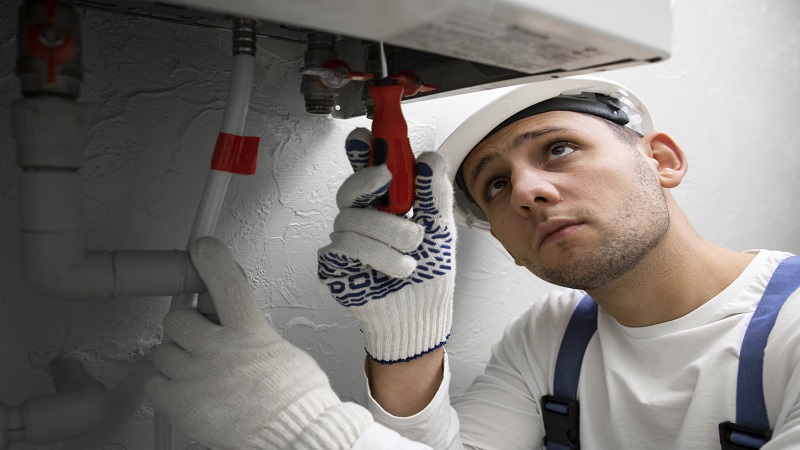When choosing the right water heating solution for your home, understanding your options is essential. An electric hot water system is one of the most common choices in residential households due to its convenience and accessibility. But while these systems offer several benefits, they also come with some drawbacks. If you’re considering installing or upgrading your water heater, here’s a clear breakdown of the pros and cons of going electric.
Pros of an Electric Hot Water System
1. Easy Installation
Electric water heaters are generally easier and cheaper to install compared to gas or solar systems. They don’t require venting, a gas line, or solar panels. This makes them a straightforward solution for homes without existing gas connections or where space and infrastructure are limited.
2. Lower Upfront Cost
One of the biggest advantages of electric units is their affordability. They usually come at a lower initial purchase price and have minimal installation requirements. For homeowners on a budget or those seeking a short-term solution, this can be a significant benefit.
3. Widely Available
Electric hot water systems are available in most hardware stores and through most plumbing suppliers. Replacement parts are easy to source, and many plumbers are well-versed in installation and repairs, meaning you’ll never be short on service options.
4. Safe Operation
Electric systems are generally considered safer than gas systems because there’s no risk of carbon monoxide leaks or explosions. There’s also no need to worry about gas supply issues or ventilation, making them ideal for indoor use.
5. Compatible with Renewable Energy
If your home uses solar panels or plans to install them, an electric system can easily be powered by the electricity your solar setup generates. This can significantly reduce your energy bills and environmental footprint over time.
Cons of an Electric Hot Water System
1. Higher Running Costs
While the upfront cost is low, electric water heaters typically cost more to run in the long term compared to gas or solar alternatives. Electricity rates are often higher than gas, and since hot water usage is consistent, these costs can add up quickly.
2. Slower Heating Times
Electric systems tend to heat water slower than gas units. If you have a larger household or high hot water demand, you might notice delays or run out of hot water during peak usage times.
3. Environmental Impact
Unless powered by renewable energy, electric systems rely on electricity generated from fossil fuels. This contributes to higher carbon emissions compared to more eco-friendly systems like solar or heat pump units.
4. Power Outage Dependency
One of the most significant drawbacks is that electric hot water systems stop working during a power outage. In areas with frequent outages, this could leave you without hot water for hours or even days, depending on the severity of the situation.
5. Not Ideal for Large Homes
While some larger electric models exist, they often struggle to keep up with the hot water demands of large households. A tank system might not refill quickly enough, and an instantaneous (tankless) electric unit might lack the power to supply multiple outlets at once efficiently.
Making the Right Choice
The decision to go with an electric hot water system depends on your household needs, budget, energy priorities, and home infrastructure. For smaller homes or apartments, or those already using electric power as the primary energy source, electric water heating can be a smart and cost-effective choice. However, for larger households or those looking for long-term savings and energy efficiency, other options like gas or solar may be worth exploring.

